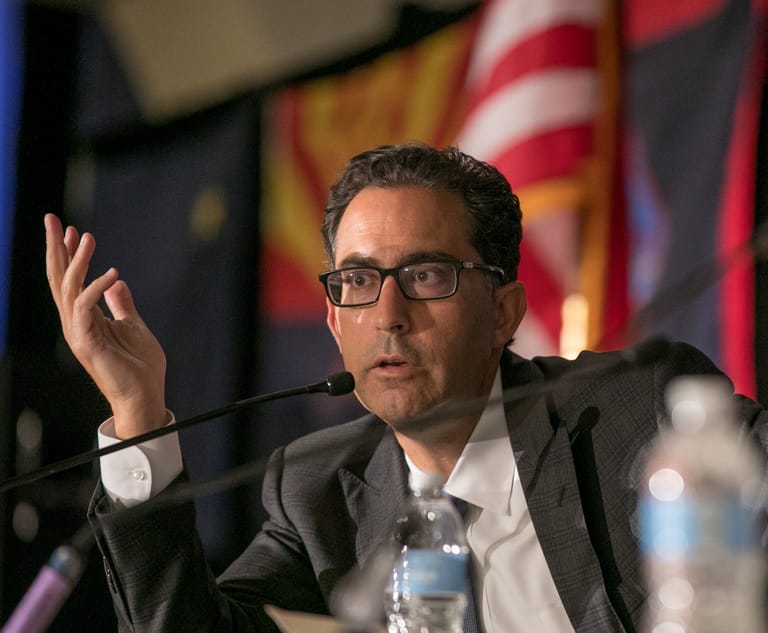
A California federal court ruled Monday that Lido DAO operates as a general partnership, exposing its participants to potential liability under state law. The decision directly challenges DAOs' assumed protection from legal responsibility through decentralized structures.
In December 2023, Andrew Samuels filed a class-action lawsuit following his purchase and sale of LDO tokens. Samuels bought 132 tokens on the Gemini exchange between April and May 2023 and sold his position at a loss in June. His suit alleges Lido violated securities laws by selling unregistered tokens.
Judge Vince Chhabria rejected Lido's defense that it is not a legal identity and denied motions to dismiss from several major venture capital firms. This establishes that DAO participants who actively engage in governance could be personally liable for the organization's actions.
Three prominent investors—Paradigm Operations (holding 10% of LDO tokens), Andreessen Horowitz ($70M investment), and Dragonfly Digital Management ($25M investment)—were named potential general partners.
Robot Ventures, another defendant in the case, secured dismissal despite its connections to Lido. While Lido had named Robot as a "strategic partner" for its protocol development expertise, and Robot joined a 30-million LDO token sale, the court found these ties insufficient to establish partnership liability. The complaint only showed limited involvement: one of Robot's founders praised Lido for "securitizing something prelaunch," contrasting with other defendants' direct participation in governance decisions.
Judge Chhabria rejected Dolphin's argument that Lido is merely a set of smart contracts running on Ethereum, citing its 70-person workforce and $50 million annual revenue stream. The court found that Lido's economic model matches California's definition of a general partnership: "the association of two or more persons to carry on as co-owners a business for profit."
"[The lawsuit] presents several new and important questions about the ability of people in the crypto world to inoculate themselves from liability by creating novel legal arrangements to profit from exotic financial instruments."
According to the filing, Paradigm "influenced and guided" Lido's development strategy, while Andreessen Horowitz publicly committed to "actively contribute" as both a "staker and governance participant," and Dragonfly used its voting power to acquire more tokens, stating its intention to increase governance participation.
The court's interpretation of "solicitation" under securities laws could reshape DAO operations. Judge Chhabria ruled that Lido's promotion of exchange listings and trading activity counted as soliciting sales, even without direct token sales.
Miles Jennings, General Counsel at a16z crypto, warned on X:
"Today, a California judge dealt a huge blow to decentralized governance. Under the ruling, any DAO participation (even posting in a forum) could be sufficient to hold DAO members liable for the actions of other members under general partnership laws. It's time to DUNA."
Agree, lots left to fight here, but this alone is a substantial problem that needs to be mitigated. They're leaving the door open for anyone to sue DAO members over anything, and the mere threat of a lawsuit on this basis is going to be sufficient to hold many DAOs hostage.
— miles jennings (@milesjennings) November 19, 2024
Following the court's rejection of most dismissal attempts, the case now enters its discovery stage, where both sides will uncover and share documents to establish the exact scope of investor and participant involvement in the DAO.

